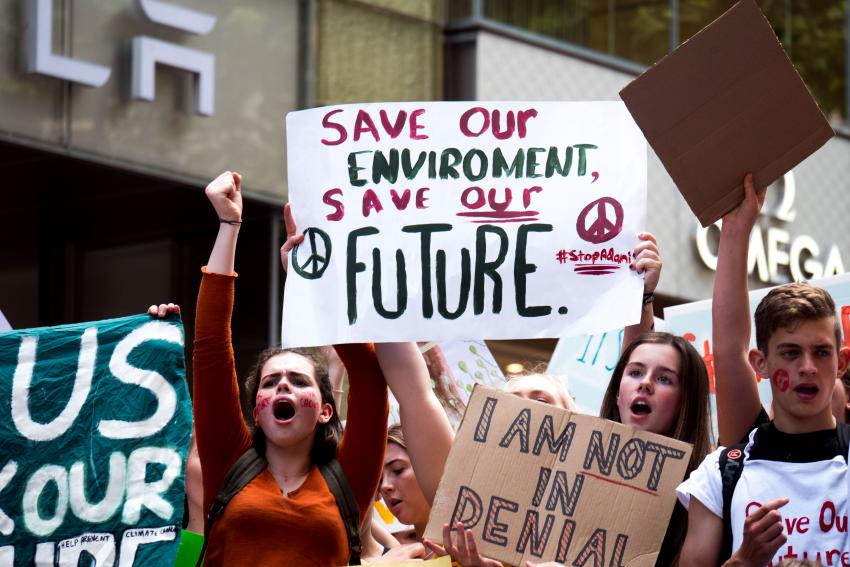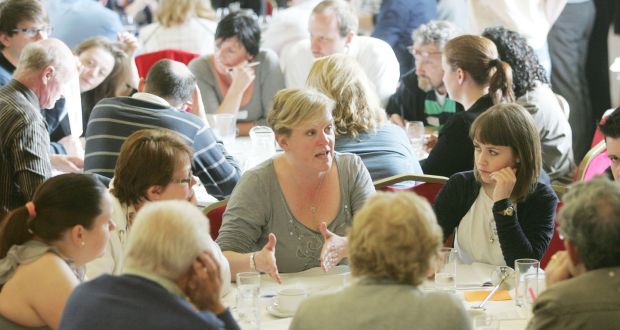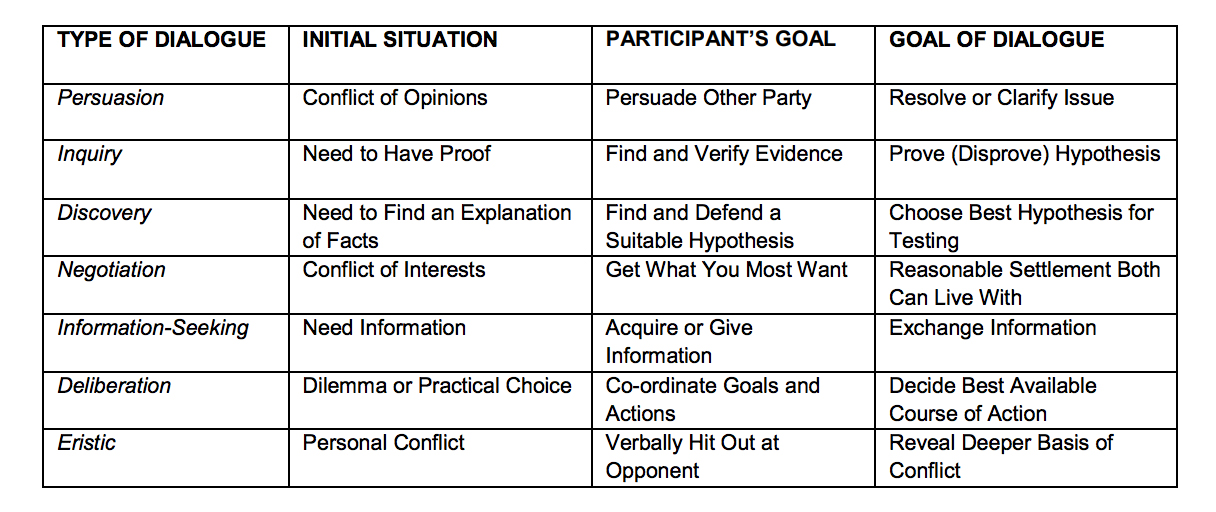Philosophy education and the climate crisis
Like many in our community, I find myself moving between shock, anxiety, grief and frustration as news reports indicate that our planet is heating even more rapidly than predicted in the worst-case scenarios outlined by the IPCC. Political and corporate leaders around the globe have largely ignored warnings of the impact of interacting tipping points that threaten to set off irreversible chain reactions and escalate climate change beyond human control.
The climate crisis now poses a risk to humanity that is not just grave but existential. It is no longer controversial that we are killing the things needed for our own survival. On the current trajectory of global carbon emissions, we risk, within this century, the displacement of hundreds of millions of people, the loss of most animal and plant species, and severe shortages of clean air, water and food – which, if realised, would likely lead to the collapse of civilisation.
As a descendant of Holocaust survivors, I grew up struggling to conceive of the deprivation, sacrifice, suffering and loss that my grandparents endured, and despite my own parents’ admonishments I failed to understand the fragility of the freedom and security I was lucky enough to inherit. I am still straining to comprehend the fact that within my lifetime we may witness the unfolding of another global humanitarian tragedy, one of our own making.
The severity of the risks is hard to fathom but catastrophic to ignore. Climate breakdown is happening on our watch, and if we continue business as usual, we will exhaust our remaining carbon budget in as little as eight and a half years. To mitigate existential threats to the safety of our species and our biosphere will take unprecedented structural change and a massive international effort at a speed and on a scale never before seen in peacetime. In the words of youth leader Greta Thunberg, we
Although The Philosophy Club is just a tiny business with a small platform, I accept the responsibility of using that platform to communicate the urgency of change.
While my work has always been motivated by ideals of social justice, I have in the past avoided making political statements, not wishing to compromise my reputation as a politically neutral facilitator of classroom dialogue. I’m speaking out now because the stakes are too high to stay silent.
I am furthermore committed to taking action. I believe that I and my fellow philosophy educators can contribute to climate action in four key areas, but we need to ask ourselves some difficult questions along the way.
1. Listening to young people
By listening to the voices of young people and taking them seriously, we can empower young people with the confidence to contribute to public debates, and we can swim against the tide of adult opinion that unduly dismisses children’s views as insignificant or noncredible.

Photograph by Zebedee Parkes
The clamour of voices in the School Strike for Climate movement shows that young people are politically engaged and eager to be heard. The struggle of young leaders like Ms Thunberg to be heeded by adults is a symptom of epistemic injustice. We must ask ourselves what more we can do to act as responsible hearers and to foreground young people’s concerns in a society that grossly underestimates the civic capacities of children.
2. Fostering critical thinking
We can equip young people with skills in open enquiry, argument literacy, critical reflection and metacognition – skills that are necessary not only for developing a nuanced understanding of the climate crisis, but also for considering alternative paths forward.
We must ask ourselves whether there is a place for this work not merely in traditional contexts such as schools, but in new contexts where it might more directly and immediately support the efforts of climate activists.
3. Fostering ethical thinking
We can offer young people the skills to develop, interrogate and revise their values and principles; to take responsibility for the consequences of their opinions; and to consider the integration of their beliefs and actions. We can achieve this in part by providing safe forums for the frank and rigorous discussion of climate-related issues, such as our moral responsibilities to non-human species, to future generations, and to the global poor.
We must ask ourselves whether abstract ethical enquiry can contribute constructively to climate activism, and if so, whether such a contribution would be welcomed by activists or whether it would be perceived as an impediment to decisive action taken on the basis of settled science and existing moral conviction.
4. Building a culture of collaborative dialogue
It is now clear that new forms of political engagement are needed to overcome the crippling inertia and deadlock of our current political system with regard to the global climate. More broadly, there is growing public interest in models of deliberative democracy that invite grassroots participation, restore trust in political institutions and release government from the disproportionate influence of privileged elites. As Hugh Atherton writes in our local context,
Extinction Rebellion is a rapidly growing social movement that is grappling with the climate emergency. One of its central demands is the adoption of citizens’ assemblies that would empower citizens to determine how our society should achieve the rapid decarbonisation needed for survival. For such deliberative groups to work effectively, various conditions must be met, and it is here that philosophy educators may be able to contribute to the development of a healthy dialogic culture.

Photograph by Alan Betson
The culture of collaborative dialogue that we foster here at The Philosophy Club meets many of the conditions required for a successful citizens’ assembly: for one, developing in participants certain dispositions; and for another, upholding norms of constructive discourse. These include considering and negotiating a plurality of views, trying to reconcile these views to whatever limited degree is possible, acknowledging the contestability of ideas and the contingency of circumstances, restoring civility and argumentative complexity, attempting to build on the ideas of others, and avoiding manipulation, tribalism, polarisation and ‘warrior politics’.
There’s one further point of synergy. A commitment to citizens’ assemblies implicitly assumes that all participants are capable of epistemological evaluativism: that is, they understand that some views are better substantiated than others, and they’re capable of making evaluative judgements based on reason and evidence. Yet as I’ve discussed previously, relatively few adults operate at an evaluativist level of epistemological understanding. Our work in schools is centrally concerned with fostering evaluativism through genuine dialogic argument. We are impelled by the motivation to furnish students with the skills they need to evaluate arguments and to draw their own well-reasoned conclusions. We aspire to create supportive communities of thinkers in which each participant can truly say, as Maughn Gregory puts it,
We need to ask ourselves whether our training resources and facilitation tools can play a useful role in tackling – and not merely contemplating – the climate crisis. We need to consider to what extent our approach might help activists and other citizens work together in collaborative communities to make evaluative judgements, taking into account swathes of complex information and varying degrees of uncertainty.
Finally, we need to think carefully about the connection between philosophical ‘inquiry dialogue’ and other normative dialogue types such as information-seeking, persuasion, negotiation and deliberation, each of which has its own goals and its own place in the wider conversation about anthropogenic climate change.

From Walton, D. Types of Dialogue and Burdens of Proof. Frontiers in Artificial Intelligence and Applications, 216:13-24. [Conference paper.] January 2010.
The pragmatist philosopher John Dewey, often credited as a progenitor of philosophical enquiry with children, wrote a century ago that
If ever there was a time to be reading from Dewey’s playbook, that time is now.
Michelle Sowey
Founding Director, The Philosophy Club
A public statement on behalf of The Philosophy Club
The Philosophy Club joins with concerned governments, businesses and community organisations to declare a climate emergency.
We stand in solidarity with the students in the School Strike for Climate whose courage in speaking out is instigating change.
We stand with those citizens whose nonviolent acts of resistance, disruption and civil disobedience are helping to overcome the inertia of our current systems.
We stand with any government that takes serious action to curb emissions, restore the carbon balance and halt biodiversity loss.
We pledge to do whatever we can to support grassroots action for the restoration of a safe climate and for the protection of future generations.
Our first step has been to publicly share all our ecology and climate-related philosophy education resources free of charge under a Creative Commons license: Attribution-NonCommercial-NoDerivatives for general use, to support educators and parents/carers in promoting inquiry and reflection on these crucial themes. These resources, which include workshop plans, printable stimulus materials and audio-visual aids, as well as links to other tools and resources we have found useful, are available here.
Michelle Sowey and David Urbinder
Co-founders, The Philosophy Club
………………………………….
Updates, 27 August 2019
Announcing the launch of a global network
Since writing this post, Grace Lockrobin of Thinking Space and Michelle Sowey of The Philosophy Club have together launched a global network of philosophers and philosophical educators wishing to use their professional skills and public platform to help address the climate and ecological emergency.
We are calling this group Community Philosophy and the Climate Crisis. With a current membership of 84 people around the world, we are seeking and finding new ways of working with activists, educators, students and the general public. We are united in our interest in supporting critical and compassionate conversations that will help people understand the complex ethical issues at play within this crisis, and to connect their considered views with achievable action.
The group is focussing on the ways that we can use our philosophical practice to enable the communities with whom we work, our colleagues and ourselves to:
(1) Use the truth about the climate and ecological emergency as a springboard for investigating values and other relevant philosophical issues;
(2) Take action guided by our strengthened values and enriched understanding;
(3) Participate in democratic conversations with friends, peers, neighbours and fellow citizens so that our careful thinking can translate into social and political change.
These aims track those of Extinction Rebellion, however membership of the group does not require membership of, or affiliation with, XR or any activist, political or professional group.
In joining the group, we agree to work in a mutually supportive, experimental and non-authoritarian fashion sharing news of our efforts when we believe this will encourage or equip others to initiate similar work in their context.
This is an open group, and members are encouraged to invite additional members who might share our aims. If you are interested in learning more, or joining the group, please contact me.
Announcing the launch of Young Environmental Philosophers
The Philosophy Club has launched the facebook page Young Environmental Philosophers – Melbourne for young people (and their supporters) who are big thinkers and concerned about climate and environmental justice. Everyone’s welcome to join (whether or not you’re in Melbourne): activists, ponderers, school strikers, rebels, idealists, the confused and the uncertain!
On the Young Environmental Philosophers page we’ll be sharing articles and events that help you dig deeper into the ideas that underlie environmental beliefs and actions. Our purpose is to help you think more critically, independently and collaboratively about some of the philosophical questions we rarely stop to ask – questions like ‘Why do we value living things?’ ‘To what extent are we part of, or separate from, nature?’ and ‘On what grounds should rights be granted?’
We also run occasional live workshops in Melbourne. These are inclusive spaces where you can meet other environmentally-minded young people, think over puzzling questions together, share your ideas, examine your assumptions, weigh up different arguments, and deepen your understanding.
………………………………….
The Philosophy Club works with teachers and students to develop a culture of critical and creative thinking through collaborative enquiry and dialogue.
To read more on the intersection of philosophy and ecological citizenship, check out my short pieces for ‘Young Environmental Philosophers’ here.

Great stuff, Michelle. Sometimes we need to make a stand for what is right.
Thank you Norah. Yes, I agree – and now’s the time!
Go for it!
G’day Michelle
I’ve just come across your blog. I thought what you wrote made a whole lot of sense. I thought I’d reach out to you to see if you are prepared to be interviewed on the show I co-host in community radio in Geelong Victoria.
You can check us out at:
http://www.climatesafety.info/thesustainablehour.
If you are, let’s look at locking in a week asap.
We go to air each Wed between 11 & mid-day.
The way we’ll run the interview depends on where you are based.
I look forward to hearing from you on this.
All the best
Tony Gleeson
Hi Tony,
Thanks very much for this invitation. I sent you a reply a couple of days ago via info@climatesafety.info – I hope you received it.
Look forward to speaking soon.
Best wishes,
Michelle
Michelle, I am glad you decided to make a comment on the current state of the planet, realizing the stakes are too high. You also are receiving articles that convey the severity of the situation we are faced with, as many are not getting that information at all or are convinced that it is a hoax.
We are very fortunate that the report from the IPCC in October 2018 has created what I call a “defining moment.” All of the following people and groups have converged in the last eight months to push all global leaders to get off fossil fuels and address the climate emergency as the emergency it is; Greta Thunberg, Extinction Rebellion, the Sunrise Movement, the global student strikes inspired by Greta, among many others.
Hi Debbie,
Thank you for your words of support, your keen observations and the striking example you set by your life choices. It’s been fascinating to discover the details of your off grid life and I salute your boldness and inventiveness.
I agree that this is a pivotal moment in history. As Joëlle Gergis wrote last week in her extraordinary piece in The Monthly, “if we act urgently, it is technically feasible to turn things around… We still have time to try and avert the scale of the disaster, but we must respond as we would in an emergency. The question is, can we muster the best of our humanity in time?”
In the face of the sixth mass extinction, we really have no choice but to pull together and take robust collective action without losing another moment.
Very best wishes to you.